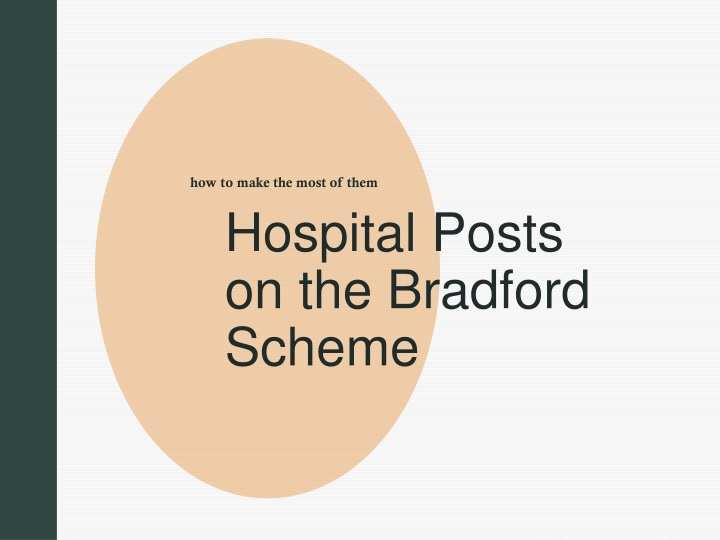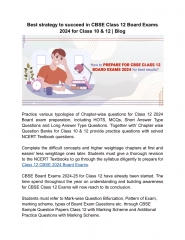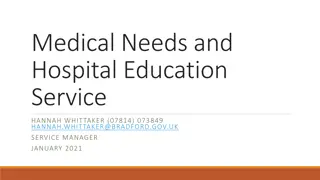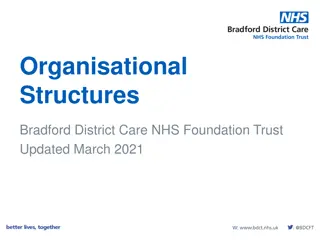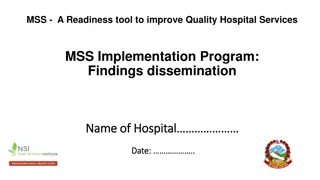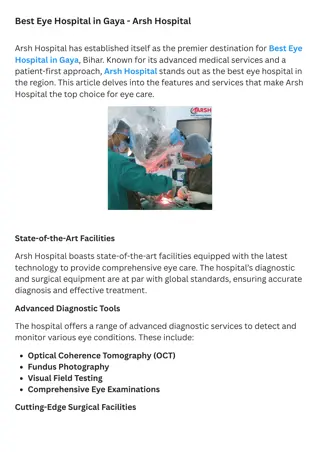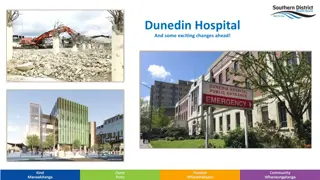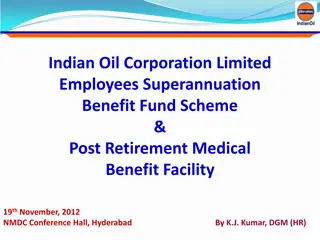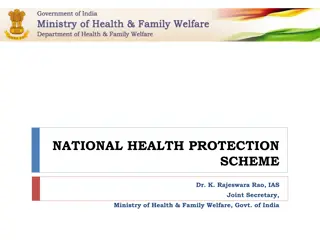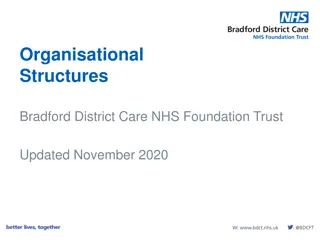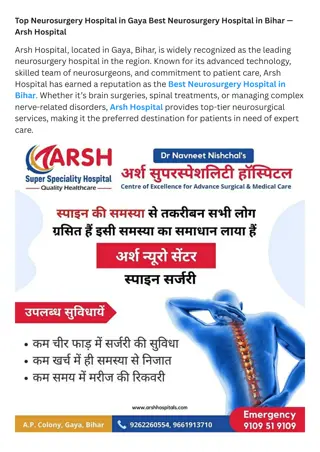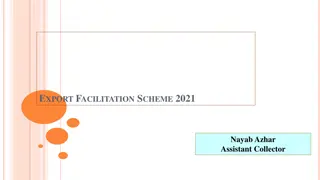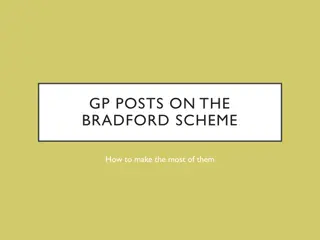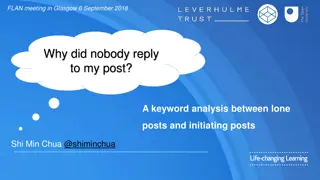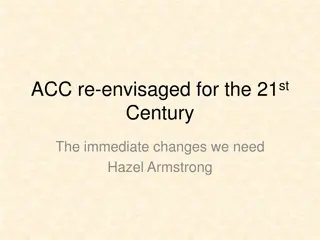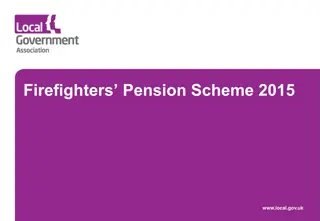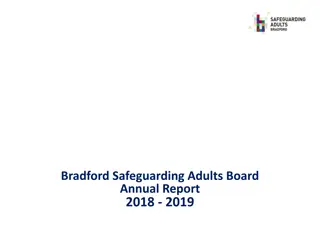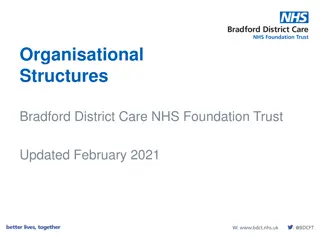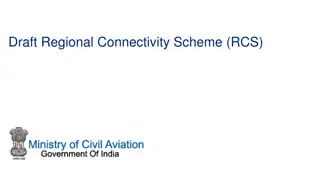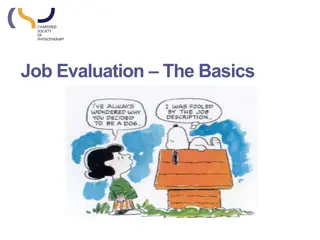Maximizing Learning Opportunities in Hospital Posts on the Bradford Scheme
Gain valuable clinical knowledge in hospital posts on the Bradford Scheme and enhance your future as a GP by reflecting on generic aspects of hospital practice, such as medical teamwork, safe prescribing, multidisciplinary teamwork, communication skills, understanding family behaviors, significant event analysis, and the hospital-GP interface. Develop skills in supporting colleagues, allocating work, effective handovers, safe prescribing practices, and enhancing communication skills in various settings. Observe family dynamics in hospital specialties, learn from significant event analyses, and improve patient care through multidisciplinary teamwork.
Download Presentation

Please find below an Image/Link to download the presentation.
The content on the website is provided AS IS for your information and personal use only. It may not be sold, licensed, or shared on other websites without obtaining consent from the author.If you encounter any issues during the download, it is possible that the publisher has removed the file from their server.
You are allowed to download the files provided on this website for personal or commercial use, subject to the condition that they are used lawfully. All files are the property of their respective owners.
The content on the website is provided AS IS for your information and personal use only. It may not be sold, licensed, or shared on other websites without obtaining consent from the author.
E N D
Presentation Transcript
how to make the most of them Hospital Posts on the Bradford Scheme
Hospital Posts You will gain useful clinical knowledge But how else can you make your experience useful for your future in GP? What could you reflect on and put in your eportfolio?
Generic Aspects of Hospital Practice Useful for your Future as a GP Medical teamwork Safe prescribing Multidisciplinary teamwork Communication skills How families behave Significant event analysis Ethical issues The hospital-GP interface
Medical Teamwork Support for colleagues Allocation of work Effective handover of important information essential in hospital shift system, especially useful in GP if you work LTFT
Safe Prescribing Hospital zero tolerance policy for prescribing in allergic patients Easier in GP when prescribing on computer Sounds obvious but - look it up if its an unfamiliar drug Be extra careful when prescribing for children
Multidisciplinary Teamwork Understand the roles of team members Especially other health professionals Respect their skills and contribution to patient care Ensure effective communication with other team members
Communication Skills With patients With relatives With colleagues With other team member Record keeping
How Families Behave Many family interactions visible in hospital specialties especially A&E, Paediatrics, Medicine for the Elderly and Palliative Care In GP family are generally in the background but in hospital they re often there for you to observe Exceptions in GP patients with dementia, children
Learning/Significant Event Analysis Looking at what s happened when something went wrong or nearly did so Looking at the feelings of everyone involved Reviewing the organisational systems involved Working out how to prevent a recurrence
Ethical Issues Capacity to consent Informed consent Confidentiality End of life issues Reproductive health issues (in O&G) Take responsibility if you have misgivings about a practice, even if it is well established, talk to your supervisor or TPD advisor
The GP-Secondary Care Interface Understanding what secondary care has to offer Communication between GPs and hospital doctors Understanding referral pathways, and what you ll be referring patients for, when you re a GP
What Previous Registrars Say It's important to realise, even though you re doing a hospital rotation, you really need to get out what GP's actually need to know For instance, in Obs and Gynae instead of being in theatres a lot, spend more times in Gynae outpatient clinics - see what GPs refer, learn acute assessments in MAC, learn how to insert a speculum etc"
What Previous Registrars Say HDR attendance - whilst in hospital it is possible if you really try and registrars have managed to attend a good number even when doing A&E and Medicine Try and sit in on lots of outpatient clinics Get all your Clinical Examination and Procedural Skiils (CEPS) done before finishing hospital posts (much easier getting a reg in A&E watching you do a PR then trying to do it in GP-land)
What Previous Registrars Say In A&E - spend as much time as possible in minors In Paeds - take heart that PAR is really useful for seeing lots of sick kids as you rarely see any in GP-land In Gynae - do lots of clinics and get good at gynae examinations.
And Finally . . . If you haven t already become a member of the BMA while in training Employment issues holidays, maternity pay etc can be a minefield so worth having proper representation You should have a new contract and this should include a job plan with specific GP educational time in contracted time. This is new and we a keen to evaluate this. Good luck and keep up the good work!
